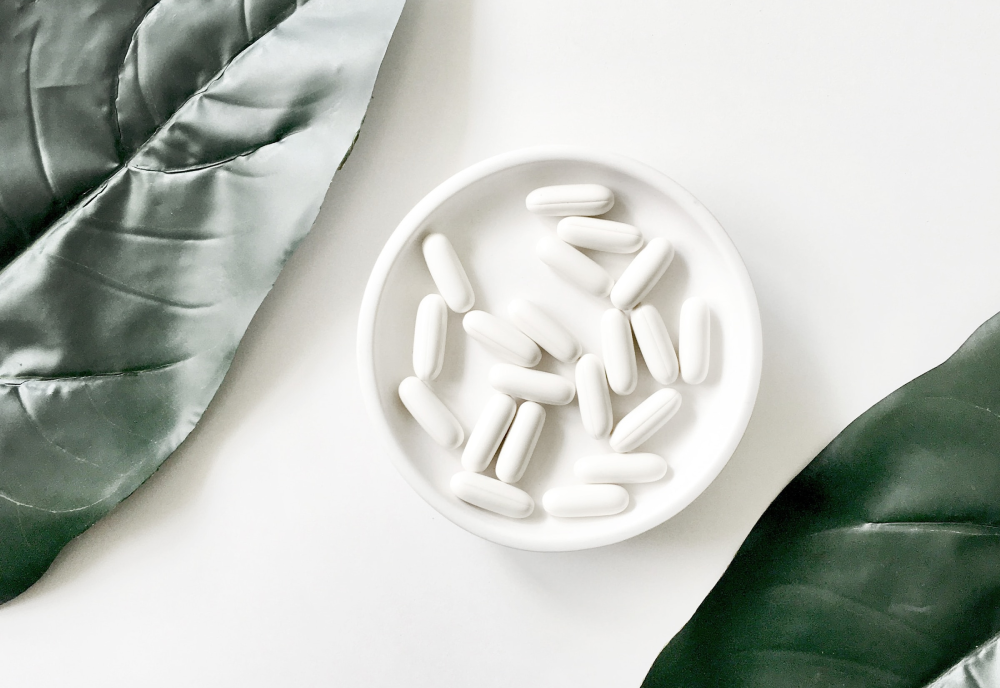Essential Health Supplements and Vitamins for Your Well-being
Discover the Top 7 Health Products to Enhance Your Well-being and Support Your Loved Ones’ Health.
Inositol:
Inositols are glucose isomers with a calming effect when taken as a supplement. They can improve insulin sensitivity and hormone signaling, especially in people with hormonal imbalances like PCOS. Inositols have numerous benefits, including antioxidant properties. They can even help stop panic attacks. You can take inositol as a powder or in pill form, and the dosage should be tailored to your health needs.
Collagen:
Collagen is essential for healthy, plump skin as it retains moisture and promotes firmness, reducing wrinkles. While it is best obtained from animal sources like bone broth or powdered collagen, modern manufacturing has made collagen consumption easy and tasty. You can use powdered collagen in hot beverages or smoothies, add collagen creamer to coffee, or take it in pill form. Vegans can consider collagen builder supplements that provide the necessary nutrients to support collagen production.
Vitamin B1 (Thiamin):
Thiamin is often depleted by alcohol consumption and may be challenging to get enough of through food alone. Pork chops, trout, and black beans are good food sources, but if these are not frequently consumed, a thiamin supplement or a multivitamin with thiamin is recommended.
Vitamin B6 (Pyridoxine):
Vitamin B6 is essential for various enzymatic reactions in the body, including protein synthesis, blood sugar regulation, and hormone metabolism. Adequate intake of B6 can help reduce bloating and discomfort during the menstrual cycle and improve PMS symptoms. Good food sources include chickpeas, beef liver, tuna, salmon, and chicken breast. B6 supplements are available, and the recommended form is pyridoxal-5-phosphate (P5P) for optimal absorption.
Vitamin D:
Vitamin D deficiency is common, especially in regions with limited sun exposure. Food sources include cod liver oil, trout, salmon, and fortified products. Supplementation is recommended if dietary intake is insufficient. Balancing sun exposure and vitamin D production is important for maintaining optimal levels.
Multivitamins:
While it’s best to obtain nutrients from whole foods, a multivitamin can serve as nutritional insurance to cover any gaps in the diet. It’s challenging to meet all micronutrient needs solely through food. Taking a multivitamin with lunch or dinner is advisable, and alternative options like gummy or liquid multivitamins are available for those who struggle with pills.
Omega-3s:
Omega-3 fatty acids are vital for flexible cell membranes, brain health, and inflammation control. Consuming sources like flaxseed, chia seeds, walnuts, and salmon is recommended. However, many people do not get enough omega-3s from their diet alone. Omega-3 supplements are an easy solution, and a dosage of 1-2 grams per day, in addition to dietary sources, is generally recommended. It’s important to consult a doctor, especially if you have a bleeding disorder or are preparing for surgery, as omega-3s can affect clotting.
Remember to consult with your healthcare professional before starting any new supplements, as they can provide personalized advice based on your specific needs and health conditions.


